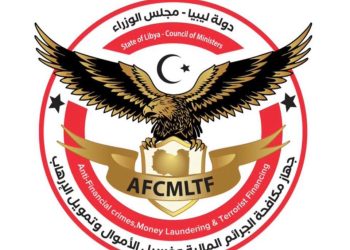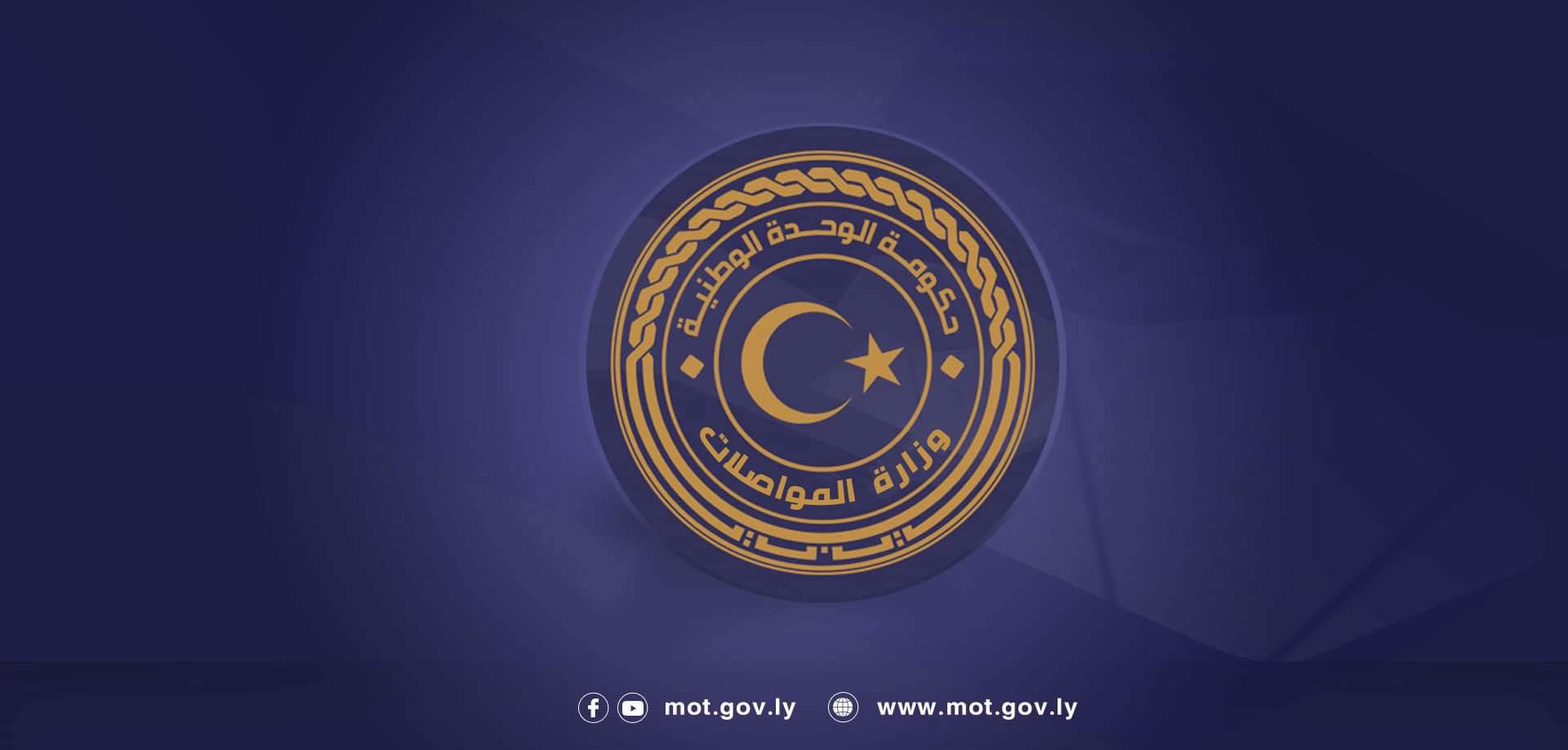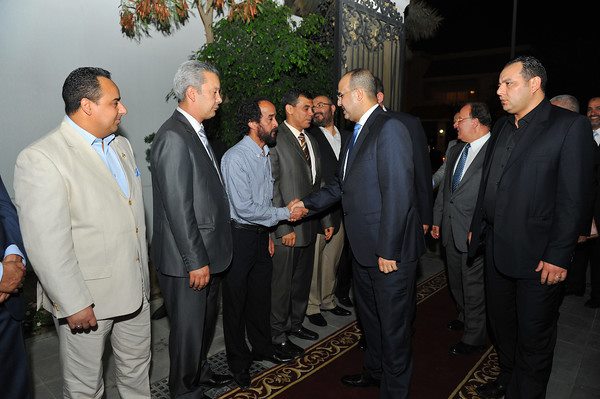By Sami Zaptia.
Washington DC, 19 April 2013:
The World Bank and the International Finance Corporation (IFC) publish a regular report on the . . .[restrict]business environment worldwide. Its Doing Business reports measure the impact of the regulatory environment on local businesses. They also gauge the efficiency and strength of laws, regulations and institutions that are relevant to domestic small and medium-sized companies.
This collection and analysis of data are designed to encourage more efficient regulation by offering clear benchmarks for reform and to serve as a resource for policymakers.
The 2013 Doing Business report covers 185 economies. These are ranked by examining such issues as the ease of starting a business, getting construction permits, electricity and credit, taxation, contract enforcement, insolvency resolution and employment regulations.
The report says that since 2003 a third of the 50 economies with the biggest improvements were in Sub-Saharan Africa.
Libya’s unemployment and the armed youth
Libya unfortunately does not yet feature among the 185 economies in the Doing Business rankings. However since Libya is still rebuilding its economy, to say nothing of its laws and regulations, it is not surprising that it has yet to make the cut.
Libya, like many of its MENA peers, has a huge unemployment problem, most particularly one of the highest levels youth unemployment in the region.
According to the last Minister of Economy under the Qaddafi regime, the Libyan economy needed to create at least 100,000 new jobs every year, in order to absorb all those that joined the job market.
Today, in the post-conflict transitional Libya, the issue of unemployment is even more concerning in its volatility. Many of Libya’s young unemployed were the very youths who helped fight the war and overthrow the Qaddafi regime. But today, these thuwar or militias are not only unemployed – but armed and unemployed. This is a dangerous combination.
Therefore, the issue of unemployment, decentralisation, entrepreneurship and the ease of doing business are all inextricably linked to Libya’s future stability and democratisation.
In the new free market, private enterprise Libya, creating fake jobs in state-owned enterprises is no longer an option. In the new Libya, the future is about real jobs created by the free market private sector, while seeking to shrink the state sector and reform subsidies .
The Economic Development Board (EDB) had formed a Small and Medium Sized (SME) department which was to carryout nation-wide programmes to train Libyans prior to disbursing loans to them to start-up their own businesses. At one point Qaddafi’s Baghdadi Mahmoudi government announced that LD 500 million was being guaranteed by the infamous Loans Guarantee Fund.
But of course, nothing ever materialised when it came to a nation-wide programme of loans or micro loans. The corrupt regime was more interested in t sharing out such a booty among themselves rather than distributing it equitably to the general public.
Analysts also felt that to enhance its political control, the Qaddafi regime preferred to have a huge salaried population, rather than independent self-employed entrepreneurs,
Decentralisation
Naturally, making it easier to do business in Libya , thus creating jobs for its young people, entailed the state sector shrinking. The massive, inefficient, corrupt and unwieldy Libyan state sector had to vacate the business arena so that the private sector could operate. It had to remove the distorting effect of huge budgets and subsidies, along with a lack of accountability and profitability, so that the private sector could have a chance to thrive.
The idea of decentralising the huge Libyan state sector ultimately met with resistance from, for want of a better name, Qaddafi’s old guard, who started to oppose even these mild economic reforms initiated by Qaddafi’s son Saif-al-Islam.
They began to view economic reform as a possible lead-up to political reform. As a result they initiated resistance to the possibility of the idea of Saif being handed over power from his dad, by spoiling any efforts of reform by the Saif’s creation and the Mahmoud Jibril led EDB.
The EDB did get some reforms achieved. Starting a business, which used to take months in Libya, was drastically reduced as the EDB created the Unified Window. But beyond that phase one reform, no deep long-term improvement was achieved to put Libya in the forefront of “doing business”.
Ultimately, the Libyan unemployed, youth, university leavers and would-be entrepreneurs all paid the price for the political infighting of the former dictatorial regime and the failure of the EDB to get beyond Unified Window business start-up phase.
It will therefore be interesting to see what the new Libyan authorities can achieve in this area, in view of all the IMF and World Bank advice that they are receiving. Both in the short-term, to deal with the volatile issue of the armed militias, and in the long-term, if Libya is serious about diversification and becoming a genuine economic player on the international arena – making doing business easier is essential. [/restrict]








